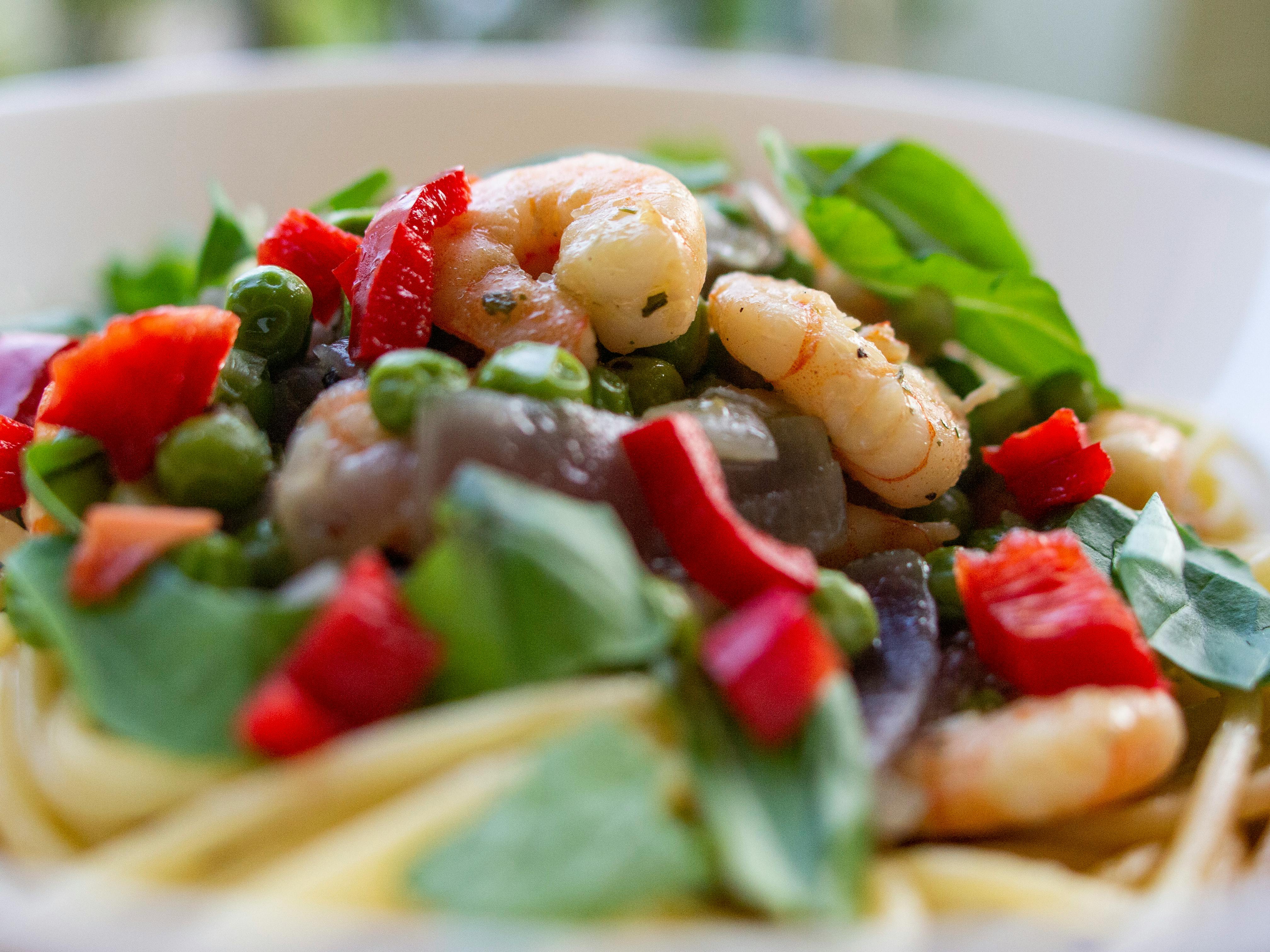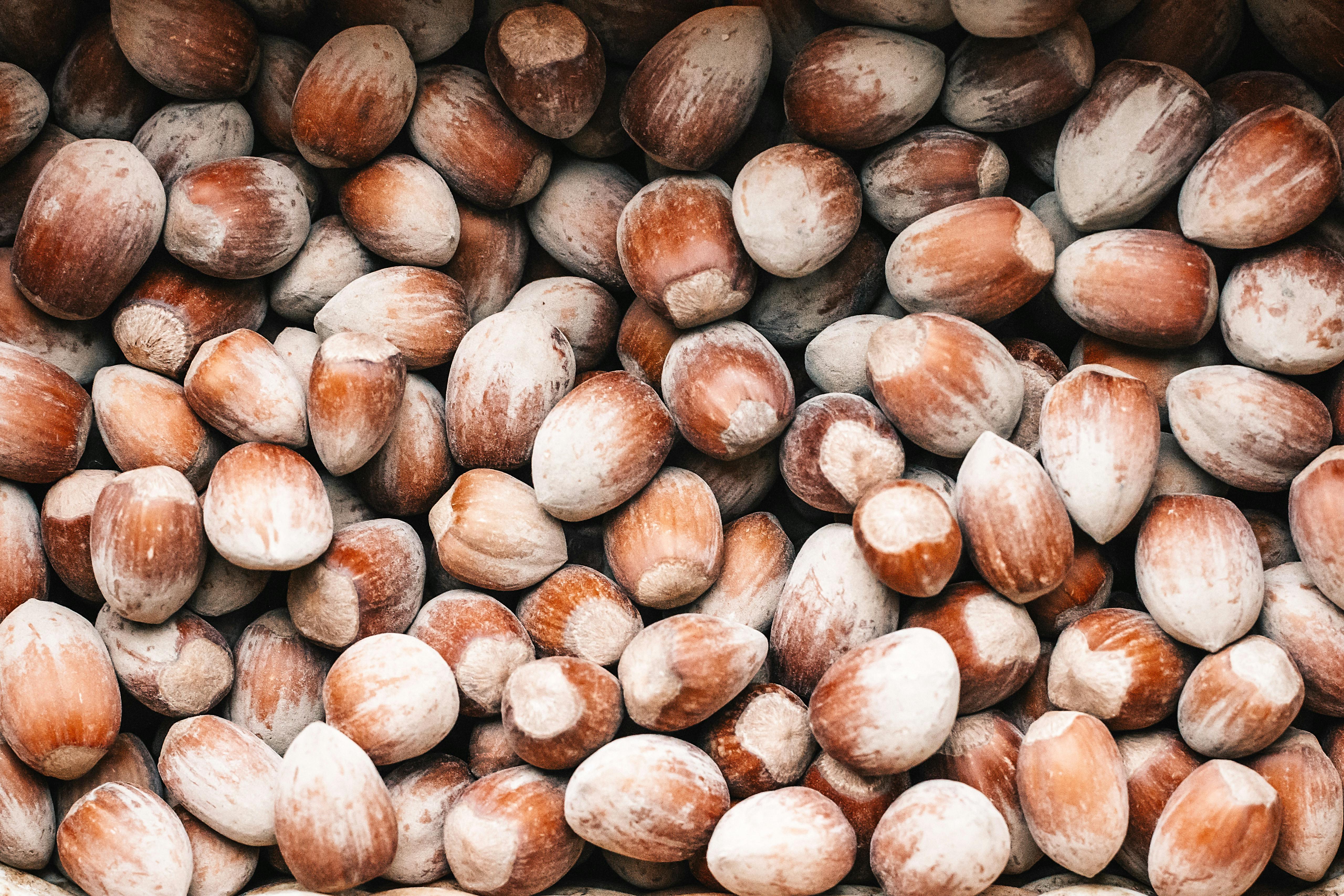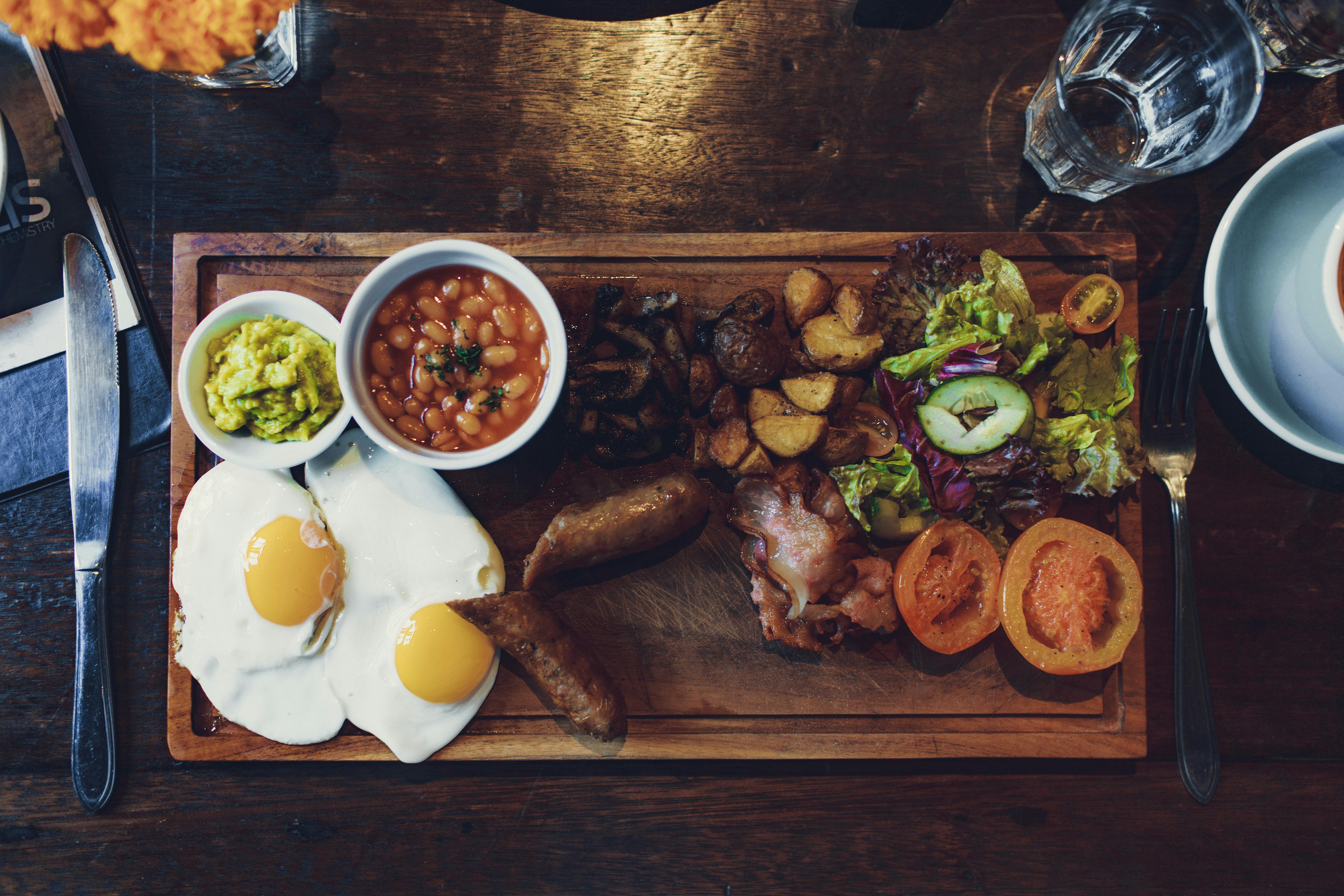What if the secret to weight loss is actually a balance of everything, including protein? You might be wondering about protein’s role as you aim to shed some pounds. Understanding its impact is vital. Let’s dive into the question: can you eat too much protein and still lose weight?
Understanding Protein and Its Role in the Body
Protein is one of the essential macronutrients, playing a crucial role in various bodily functions. It is made up of amino acids, which are the building blocks for your muscles, tissues, and overall body.
Why Do You Need Protein?
You need protein for several reasons, including:
- Muscle Repair: After a workout, your muscles need protein to recover and grow stronger.
- Hormone Production: Proteins help in forming hormones that regulate many body processes.
- Immune Function: Adequate protein intake supports a strong immune system.
- Satiety: Protein can help you feel fuller for longer, which might prevent overeating.
How Much Protein Do You Need?
The amount of protein you need varies depending on your age, sex, activity level, and fitness goals.
- General Recommendations: For the average adult, the Recommended Dietary Allowance (RDA) for protein is 46 grams per day for women and 56 grams for men.
- Active Individuals: If you are active or trying to lose weight, your protein needs might increase to about 1.2 to 2.0 grams of protein per kilogram of body weight.
The Link Between Protein and Weight Loss
Many weight-loss diets emphasize higher protein intake because of its various benefits. So how is protein linked to weight loss?
Thermic Effect of Food
Protein has a higher thermic effect compared to carbs and fats. This means your body burns more calories digesting protein:
- Energy Expenditure: About 20% to 30% of the calories consumed from protein are used for digestion and metabolism.
- Sustained Muscle Mass: Consuming enough protein helps maintain muscle mass while you lose weight, which is crucial since muscles burn more calories than fat.
Protein and Appetite Regulation
Protein influences hormones that control hunger and satiety. Increased protein can reduce levels of ghrelin (the hunger hormone) and boost peptide YY (which promotes feeling full).

Can You Really Overdo It on Protein?
While protein is essential for many bodily functions and can benefit your weight loss efforts, can consuming too much be a bad thing?
Determining Excess Protein Intake
Eating too much protein depends on various factors, such as your overall diet and lifestyle. When assessing protein intake, consider the following:
- Lower Tolerance Level: The upper limit for protein consumption is often suggested to be around 2 grams per kilogram of body weight for healthy individuals.
- Total Caloric Intake: If protein makes up too large a proportion of your total calories, it may displace other nutrient-dense foods.
What Happens When You Overconsume Protein?
Overconsumption can lead to several potential issues:
- Kidney Strain: Excessive protein can put strain on the kidneys, particularly if you already have kidney issues.
- Dehydration: High protein intake often leads to increased water loss; therefore, you need to drink more fluids.
- Nutritional Deficiencies: Focusing excessively on protein can lead to insufficient intake of other essential nutrients.
Is Protein the Key to Sustainable Weight Loss?
While protein is vital for weight loss, it’s important to understand that balance is crucial for long-term success.
A Balanced Diet is Essential
A diet too high in protein at the expense of other food groups may lead to adverse effects:
- Include All Macronutrients: Carbohydrates and fats also have essential roles. A balanced diet incorporating all three macronutrients is generally more effective for long-term weight loss and overall health.
Understanding Your Journey
Remember, weight loss is not just about what you eat but how you feel and function physically and mentally.

Strategies for Protein Intake
So, how can you ensure you’re getting the right amount of protein without overdoing it? Here are some friendly strategies:
Set Protein Goals
Calculating your daily protein needs can help you stay on track. You can use the following table as a guide:
| Activity Level | Protein Intake (grams per kg) |
|---|---|
| Sedentary | 0.8 – 1.0 |
| Active (exercising 3-5 times a week) | 1.2 – 1.7 |
| Very Active (intense training) | 1.7 – 2.0 |
Incorporate Protein-Rich Foods
Balancing your meals with protein sources can keep your intake on point while still enjoying a variety of foods:
- Lean Meats: Chicken, turkey, and lean cuts of beef.
- Fish: Salmon, trout, and other fatty fish for healthy omega-3 fats.
- Dairy: Greek yogurt, cottage cheese, and cheese.
- Plant-Based Options: Legumes, lentils, quinoa, and nuts.
Monitor Portion Sizes
Being mindful of portion sizes can help avoid excessive protein consumption.
| Food Source | Serving Size | Protein Content |
|---|---|---|
| Cooked chicken breast | 3 oz | 25 grams |
| Greek yogurt | 1 cup | 20 grams |
| Lentils (cooked) | 1 cup | 18 grams |
| Cottage cheese | 1 cup | 28 grams |
| Tofu | 1 cup | 20 grams |
Tracking Your Progress
As you adjust your protein intake, it may help to track your food consumption.
Keeping a Food Diary
Writing down your food intake provides insight into your eating patterns. Consider noting:
- Protein Sources: Identify which foods contribute the most to your protein intake.
- Portion Sizes: Keep track of how much you’re consuming, making adjustments as necessary.
- Overall Intake: This can help ensure you’re meeting your nutritional goals while observing how your body responds.

Listening to Your Body
It’s essential to pay attention to how your body feels as you adjust your diet.
Symptoms of Overconsumption
If you’re consuming too much protein, you might notice:
- Digestive Issues: Bloating, gas, or discomfort can arise from an excess protein intake.
- Dehydration Symptoms: Increased thirst, dry mouth, or fatigue could indicate a need for more hydration.
- Fatigue: Overdoing protein without balancing other nutrients may leave you feeling drained.
Adjusting Based on Results
Listening to your body can help you find the right balance tailored to your needs. Don’t hesitate to adjust your protein intake based on feedback from your body.
Conclusion: Striking the Balance
In conclusion, while protein is undeniably beneficial for weight loss and overall health, balance is key. You can eat protein as part of your diet, but being mindful of your total intake and ensuring a varied diet will set you up for success.
If you notice you are consuming excessive protein, it might be time to reassess your diet. Aiming for moderation will help you maintain weight loss while providing your body the nutrients it needs for optimal performance. Now that you understand protein’s role, hopefully you feel more empowered to make informed choices in your health journey.
By focusing on a balanced diet that meets your needs, you can enjoy the benefits of protein without overdoing it. You’ll feel more energetic and satisfied in the long term, fostering a more sustainable approach to weight loss.
Your health journey is unique, so keep experimenting and adjusting until you discover what works best for you. You’ve got this!
